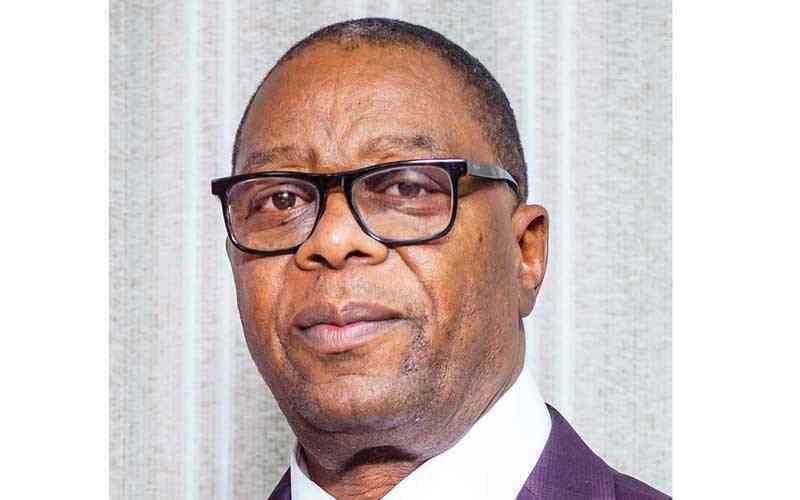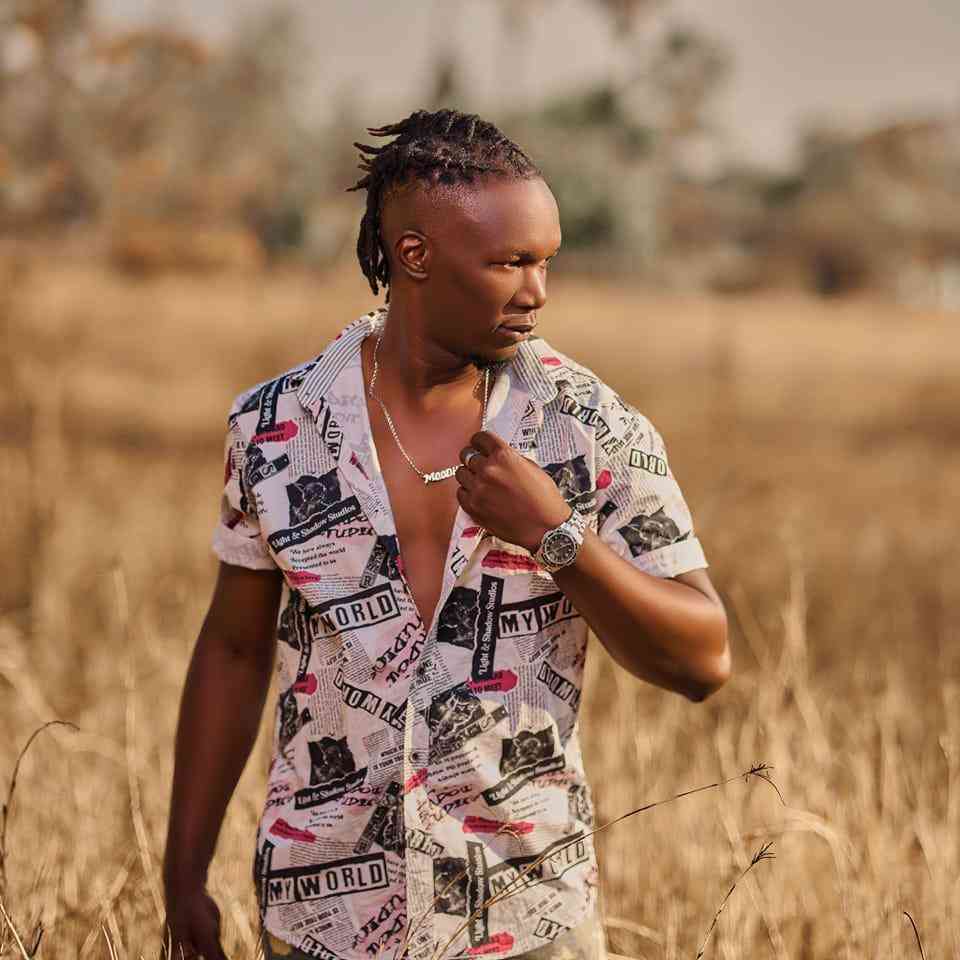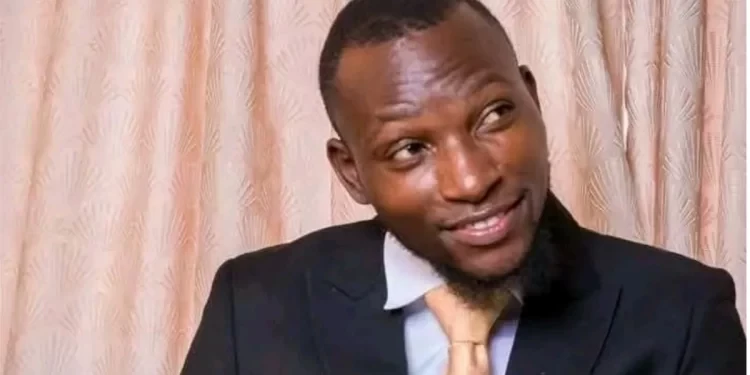
Zimbabwe-born musician Gabriel Makamanzi leads a music outfit — Afresh — based in Belfast, Ireland which plays a fusion of Zimbabwe traditional music supported by Irish musicians.
The Standard Style’s Moses Mugugunyeki (MM) speaks to Makamanzi (GM) whose music, which he calls Chidzimba, has taken Ireland by storm.
MM: Tell us about your background. GM: I am a Zimbabwean artist originally from Chayamiti in Chimanimani. From a young age I had a passion for Zimbabwean traditional music and knew that l wanted to be a musician. I always had a rhythm in me from a young age and would find myself trying to make musical instruments from dried masekesa (pods) which I played as hosho (shakers) while I was herding cattle before I would play real shakers in church.
I later moved to Harare as a teenager and joined a mbira group called the Mighty Spiders Crew which was based in Mbare. I also performed at traditional ceremonies with Garibay Tirikoti, a renowned mbira maker, who was my mentor.
I was later spotted by Andy Brown who took me to the UK on a tour in 2002. I also played shakers for Thomas Mapfumo whenever he toured Europe.
MM: What was your experience in the UK before you came up with the group Afresh? GM: After the tour with Andy Brown I decided to move to Northern Ireland from England where I mobilised Irish musicians and taught them how Zimbabwean traditional music is played. While sharing our experiences I drew inspiration from their music backgrounds, especially Irish traditional music and Funky music. I realised that I could actually come up with an interesting fusion of Zimbabwean and Irish traditional music.
This made me listen attentively to their music and I discovered that although their chord progression was different from ours, their music was also based on a 6/8 timing like ours. The resultant fusion of our music is now the basis of what we call Chidzimba music.
MM: Where are you based right now and how did you get there?
- Chamisa under fire over US$120K donation
- Mavhunga puts DeMbare into Chibuku quarterfinals
- Pension funds bet on Cabora Bassa oilfields
- Councils defy govt fire tender directive
Keep Reading
GM: I am based in Belfast, Northern Ireland. As you know, Andy was a man of the people, so he already had friends in Belfast, whom he introduced to me, which made it easy for me to start my projects in Belfast.
MM: Why is that you are not popular in Zimbabwe, but popular in Ireland? GM: My first album Ndangariro was released in January and that is the reason why most people at home (Zimbabwe) don’t know me and my music. However, I am happy that our music is reaching Zimbabwe via online stores, which I believe is a positive development for my music career.
I have lived in Belfast since 2003 and over the years I have been engaging with communities and conducting workshops in schools using marimba and mbira. This was the first time that Zimbabwean traditional musical instruments were introduced in Ireland.
Also, most of my band members are local musicians who are well-respected in local music cycles, thus I had many opportunities to give interviews with radio stations and newspapers here and in the UK mainland.
 MM: What kind of music do you play?
MM: What kind of music do you play?
GM: I play Zimbabwean traditional music which I call Chidzimba fused with Irish traditional instruments and western instruments. Basically, Chidzimba music is created from the hearts of the musicians, hence the listeners and dancers should also feel it in their hearts.
I drew my inspiration from great musicians like Thomas Mapfumo, Andy Brown, Chiwoniso Maraire, Leonard Dembo, Mbira Dzenharira and Mudhara Garibay Tirikoti.
MM: Zimdancehall has taken Zimbabwean music by storm. Do you think that Chidzimba music can sell better than Zimdancehall in Zimbabwe? GM: Music is what you feel, not what you create. Chidzimba music and Zimdancehall music represent different groups of people and interests and are created, developed and presented differently; for example, traditionally youngsters would play jiti and enjoyed it while elders would come in with deeper stuff which they understood themselves.
Oftenly youngsters would grow up and qualify to join elders. So given this, I wouldn’t say this kind of music is better than the other one. It’s rather a question of what stage one is at during their musical journey.
MM: Why are local radio stations not playing your music? GM: Since this is my first album, I am sure they don’t know more about my music, but I believe once they know they will certainly play it. I am taking this opportunity to introduce Chidzimba music to you the people of Zimbabwe and I am sure you will love it as much as people in Ireland do.
MM: What kind of message is contained in your music?
GM: My music carries diverse messages addressing social issues. I address this by using deep and well-thought lyrics based on situations that surrounded my upbringing and what I see happening in communities. Chidzimba music requires one to listen to it deeper to understand its deeper meaning.
MM: Your group Afresh, what is it all about? Who makes up the group? GM: Afresh represents fresh African music and in this case, a new version of Zimbabwean traditional music played by an ensemble of musicians from various backgrounds. In the band I have the mbira, which I play as the leading instrument supported by Irish instrumentation such as banjo, bodhrán, tin whistle, flute, and western instruments to produce a completely unique musical fusion.
The group comprises the following members: Marty McCloskey (drums), Alan Sproule (guitar), Joe Campbell-McArdle (banjo), Dermot Moynagh (bodhrán), Grant McParland (bass), Laurence Weir (saxophone), Tom Wall (trumpet) and Anna Poloni (whistle and flute). Vocalists include Vunganai Gwenhamo (Ranking Fox), Lauren Cudden and Emma Kennedy.
MM: Why do you think Zimdancehall is failing to penetrate the international market compared to Zimbabwe traditional music?
GM: There is amazing talent in Zimdancehall and I am sure they will at some point penetrate the international market, maybe their initial consideration should be to start thinking of using some live instruments in their music and that way, they will become creative as opposed to using CDs.
MM: Besides Afresh, which groups have you performed with during your stay in Ireland? GM: During my stay in Belfast I have worked with The Motion Project and Talking Drum. I am also a member of Mapfumo’s Blacks Unlimited Band. Mukanya was the first African musician to mix the traditional mbira with the western guitar. I consider it an honour to play with such a seminal musician.










